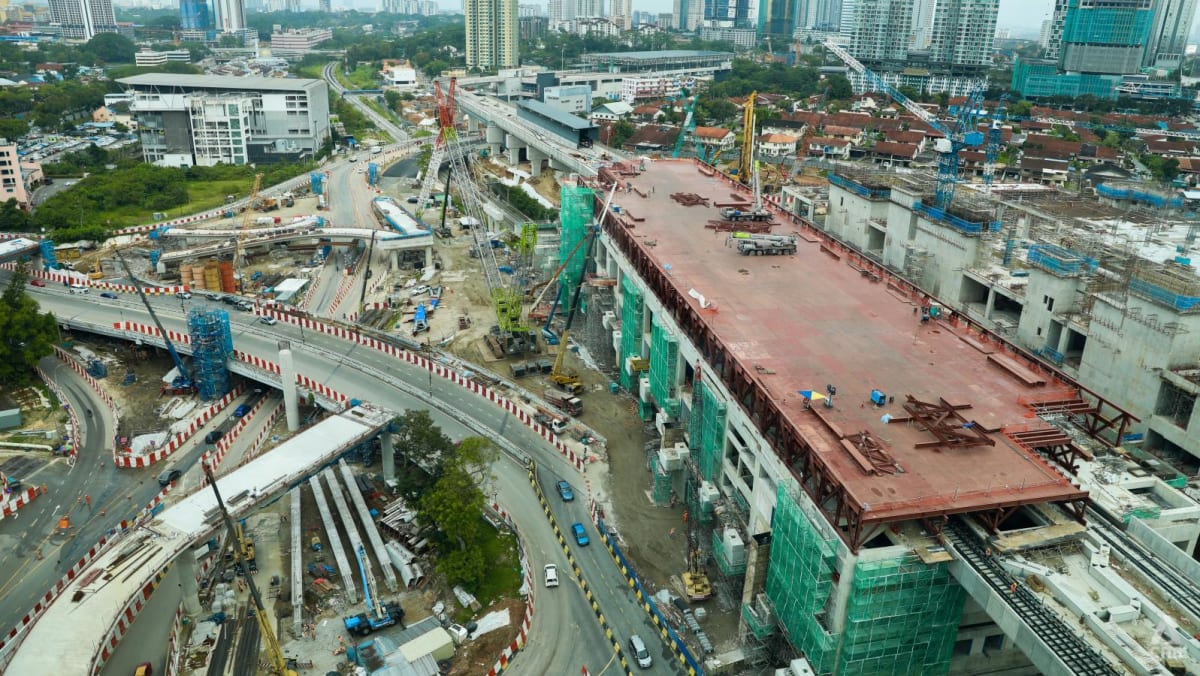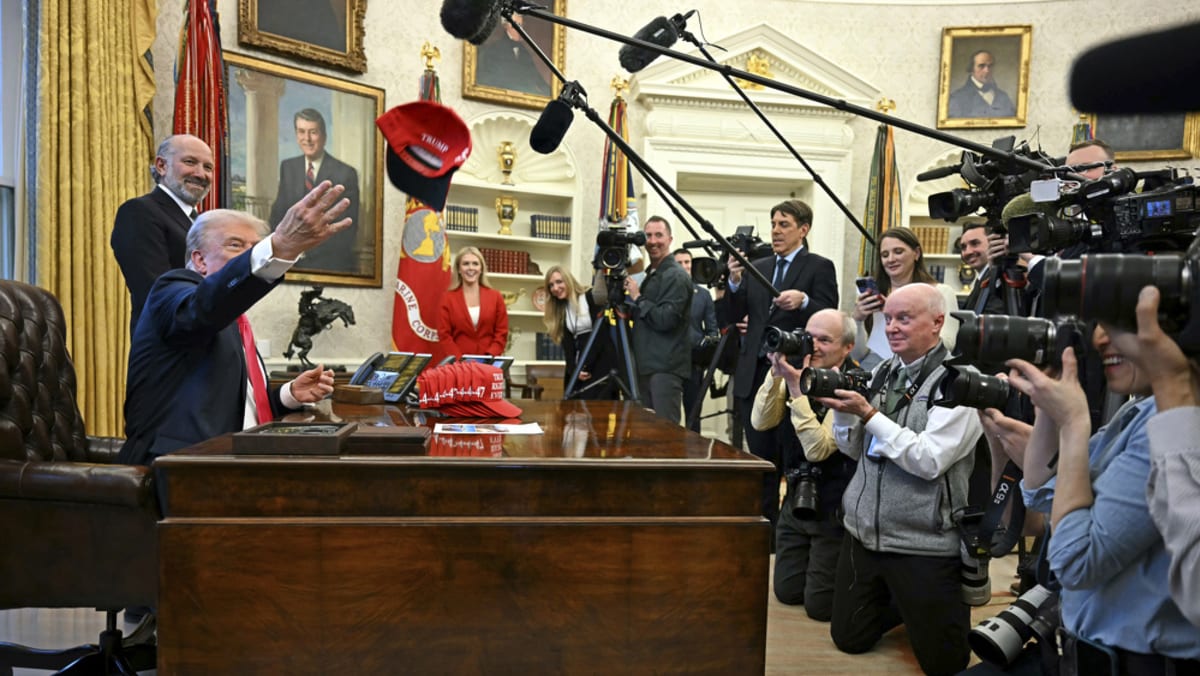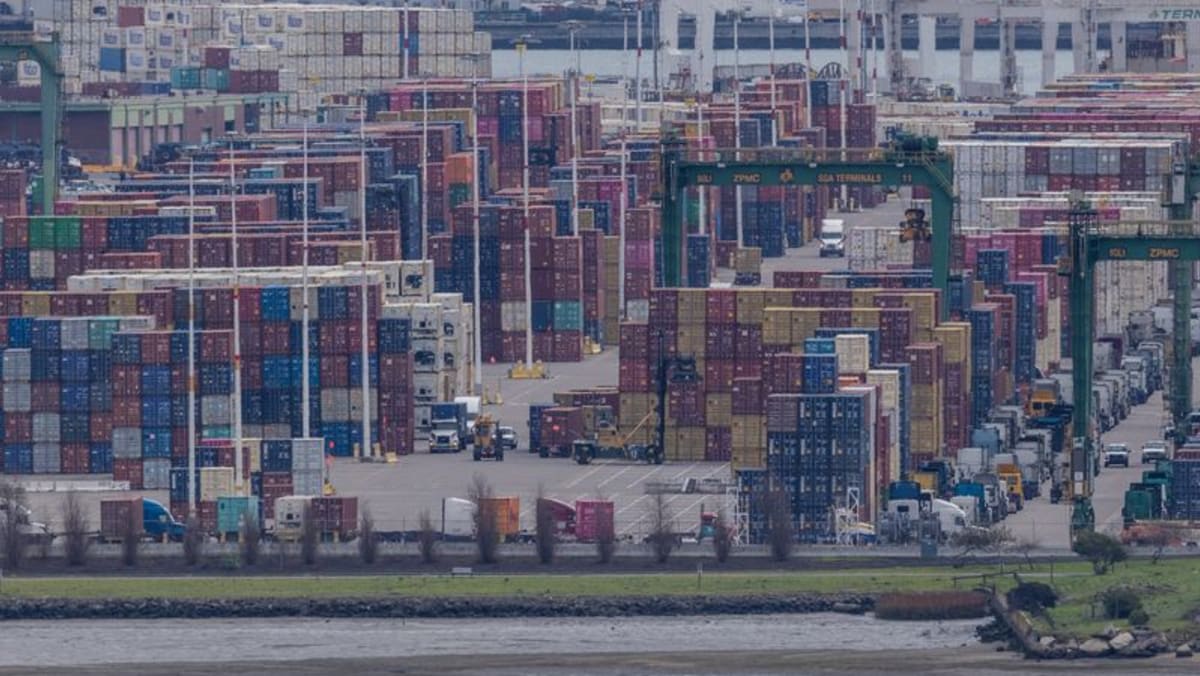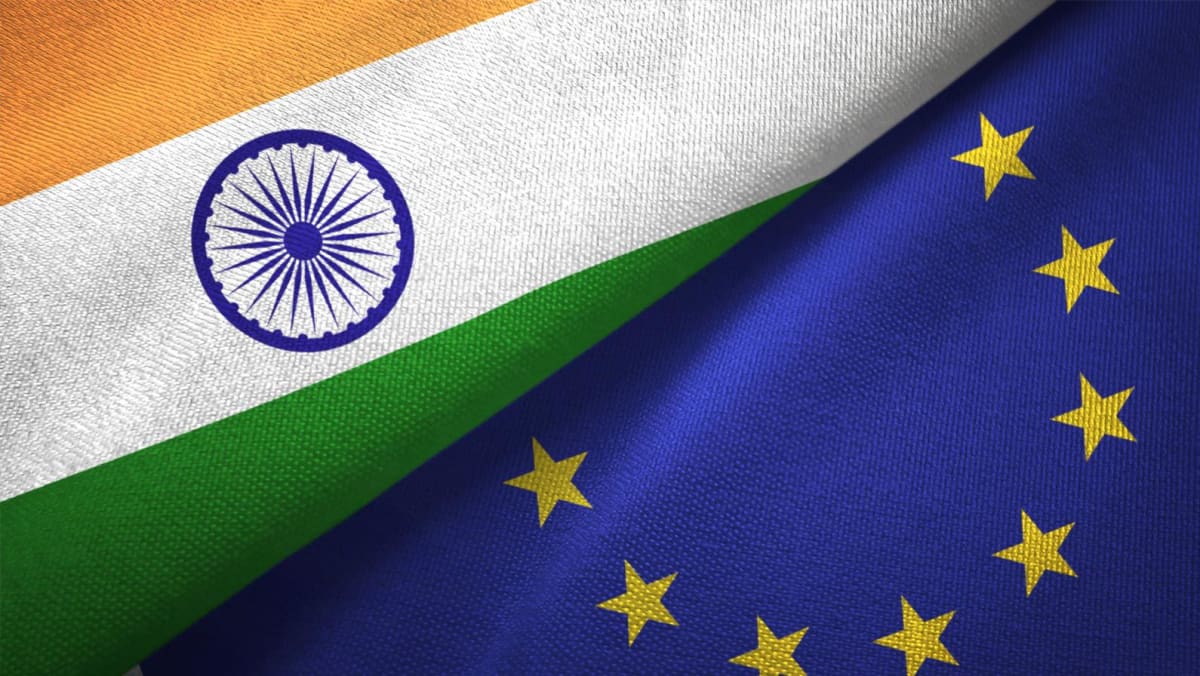LONDON: Prime Minister Keir Starmer said on Tuesday (Feb 25) he would increase annual defence spending to 2.5 per cent of GDP by 2027 and target a 3 per cent level last seen just after the Cold War, a signal to US President Donald Trump that Britain can boost Europe’s security.
On the eve of his departure to meet Trump in Washington, Starmer told parliament he was bringing the increase in defence spending forward to offer Europe more support as the US spearheads peace talks with Russia over its war in Ukraine.
With public spending already stretched in Britain, Starmer said the increase from its current 2.3 per cent would be fully paid for by a 40 per cent cut to international aid, an announcement he said he was not happy to make but one which was necessary to offer Ukraine and Europe support in a “new era”.
Since Trump seemingly abandoned the United States’ more Ukraine-friendly approach to Russia’s war, blindsiding much of Europe, Starmer and other European leaders have stepped up diplomatic efforts to show a united front to support Kyiv.
“Starting today, I can announce this government will begin the biggest sustained increase in defence spending since the end of the Cold War,” Starmer said, adding that combined with spending on intelligence services it would reach 2.6 per cent from 2027.
“We must go further still. I have long argued that … all European allies must step up and do more for our own defence,” he said. He added that Britain would set a target for spending 3 per cent of gross domestic product in the next parliament, which will convene after a national election due in 2029.
US Defense Secretary Pete Hegseth welcomed the spending rise after speaking to British defence minister John Healey.
“A strong step from an enduring partner,” Hegseth said on X.
The increase would see Britain spending £13.4 billion (US$17 billion) a year more on defence in 2027 than it does now, Starmer said, a figure which includes expected growth in GDP over the period.
He told a later press conference the extra money would help rebuild Britain’s industrial base, create jobs and boost growth.
Britain’s defence ministry said it spent £53.9 billion in the 2023/24 financial year.
To meet the increase in spending, the international aid budget will be cut from 0.5 per cent of gross national income to 0.3 per cent in 2027, meaning borrowing levels would not change, Starmer said.
Britain last cut its aid budget in November 2020, during an economic crisis resulting from COVID-19, reducing the level to 0.5 per cent of GNI from 0.7 per cent, a move criticised by some development groups for diminishing the nation’s global influence.
“This is a short-sighted and appalling move,” said Romilly Greenhill, chief executive officer of Bond, a network for organisations working in international development and humanitarian assistance.













